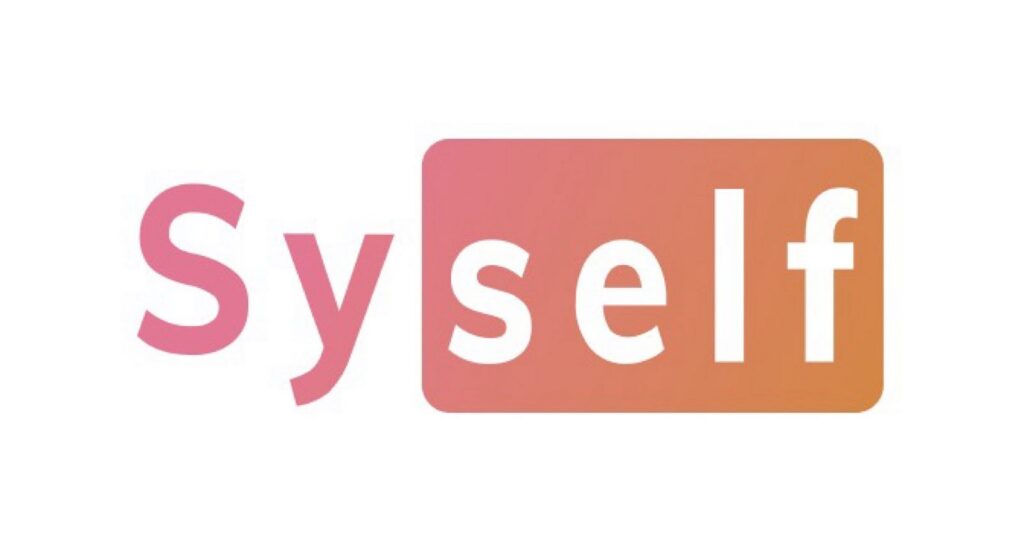As migration expert and consultant, I get the opportunity to evaluate and use Managed Kubernetes platforms. Recently, I came across Syself, which really caught my attention. After its evaluation, it impressed me so much that I promised Syself’s Founder, Sven, to write about it.

A few words on Kubernetes
The container technology has brought a lot of ease, possibilities, joy, and sometimes also sadness, into the lives of many. And no matter how easy it is to containerize an application and run it somewhere; the “somewhere” is never as easy to manage as running the container itself. It is just a shift of complexity, plus some more. Especially when it comes to Kubernetes.

Kubernetes is a powerful container orchestration platform, and with its great powers, comes with great complexity. This complexity is hidden in multiple dimensions, like infrastructure management, security, performance, scalability, high-availability, observability, life-cycle-management, complex integration, and also Kubernetes’ specific concepts like control plane, worker nodes, namespaces, operators, deployments, statefulsets, jobs, secrets, configmaps, and what not. Just a few to name.
Well, carrying the burden of Kubernetes in the long-run is heavy, and definitely not fun. That is why many organizations choose to get Managed Kubernetes clusters, for this exact same reason. It is also one of the reasons why many big cloud providers are very popular. They have mastered the complexity.
Syself
Syself is also one of the companies which has mastered Kubernetes’ complexity. It provides production-ready, easy managed Kubernetes clusters, on Hetzner. Hetzner is one of Europe’s easy accessible, cheap and scalable infra provider in Germany, with multiple datacenters around the world.

The evaluation
I usually do the evaluation by formulating a few questions and I try to answer them. Here it goes.
Question: What was my first impression of Syself?
10/10.
Amazing. I was immediately sold and I wanted to give it a try. As a Kubernetes consultant and extensive user, I was positively surprised that Syself’s vision is to provide managed Kubernetes, with a still all of the control at customer’s hand, on Hetzner.
Question: How did I find Syself?
I was looking for managed Kubernetes in Europe, on Hetzner. After looking around for a while and also looking into options to deploy and manage my own Kubernetes on Hetzner, I came across Syself.
Question: Was it easy to get in touch with Syself?
Yes. I first wanted to try the free tier, which has a waiting list. But I could easily schedule for a demo session online through syself.com which I did.
The communication was very clear. I got two reminders with all the information I needed to join the meeting.
Question: How did I experience the meeting and the support later?
Great! I had the opportunity to meet Sven, Syself’s founder and CEO himself. I found the communication to be very clear and concise.
During my trial period, I ran into some troubles, which were immediately taken care of.
Question: How did I experience trying Syself managed Kubernetes on Hetzner?
9/10.
I just loved it. Syself uses the same IaC and GitOps principles that I am used to as Infra/DevOps/Platform engineer and managed.
- One thing that might be challenging is the initial setup, because you have to follow the manual procedures to create the API tokens, setup the SSH certificate, go through the Hetzner consoles and create/provide all the required information. But that is more on Hetzner than it is on Syself. Once I was through the initial setup, other parts went smoothly. However, this will be much smoother soon, I heard from Sevn. They are working to ease this part.
- I found the cluster stack concept great. Either I missed the documentation, or maybe adding a bit more documentation that a cluster stack actually creates snapshots on Hetzner cloud that are later used for the controle-plane and node workers might make the concept even easier.
- It was also kind of self-explanatory to either go for default AMD, or switch to ARM processors. I did run into trouble because I did not find/follow the documentation, but I was helped very quickly by Sven through email himself.
- After setting up the cluster-stack, I just followed along with setting up my cluster. It smooth.
- I started with a one worker noded cluster. I could follow the status both on hetzner, but also use my old friend kubectl to get the status of the resources. This helped me easily find the root cause of one my problems that I had not configured a variable to enable ARM for worker nodes. So, once again a plus point to self-management and customer-enablement.
- Scaling up the cluster was also very smooth. It was just as if I was scaling up my Deployment.
Question: What else do I wish to try, which I have not had the opportunity yet?
- Cluster upgrades.
- Cluster migrations and spreading through multiple Hetzner data centers, or even other Infra providers when Syself supports them.
- Finding out the possibilities to easily hide management consoles behind VPN for extra security.
- Would I recommend Syself for my customers?
- Yes. Syself makes it very easy to have managed k8s on Hetzner. The customer can totally manage the infra with GitOps concepts.
- The costs are predicable and can be calculated online.
- Support is great, and documentation and example are very neat.
- Also, since there is a huge demand for EU clouds, Syself fills the gap to abstract away the complex task of managing and scaling up European infra providers, and have production ready Kubernetes at scale.
All with all, it was a great evaluation.
